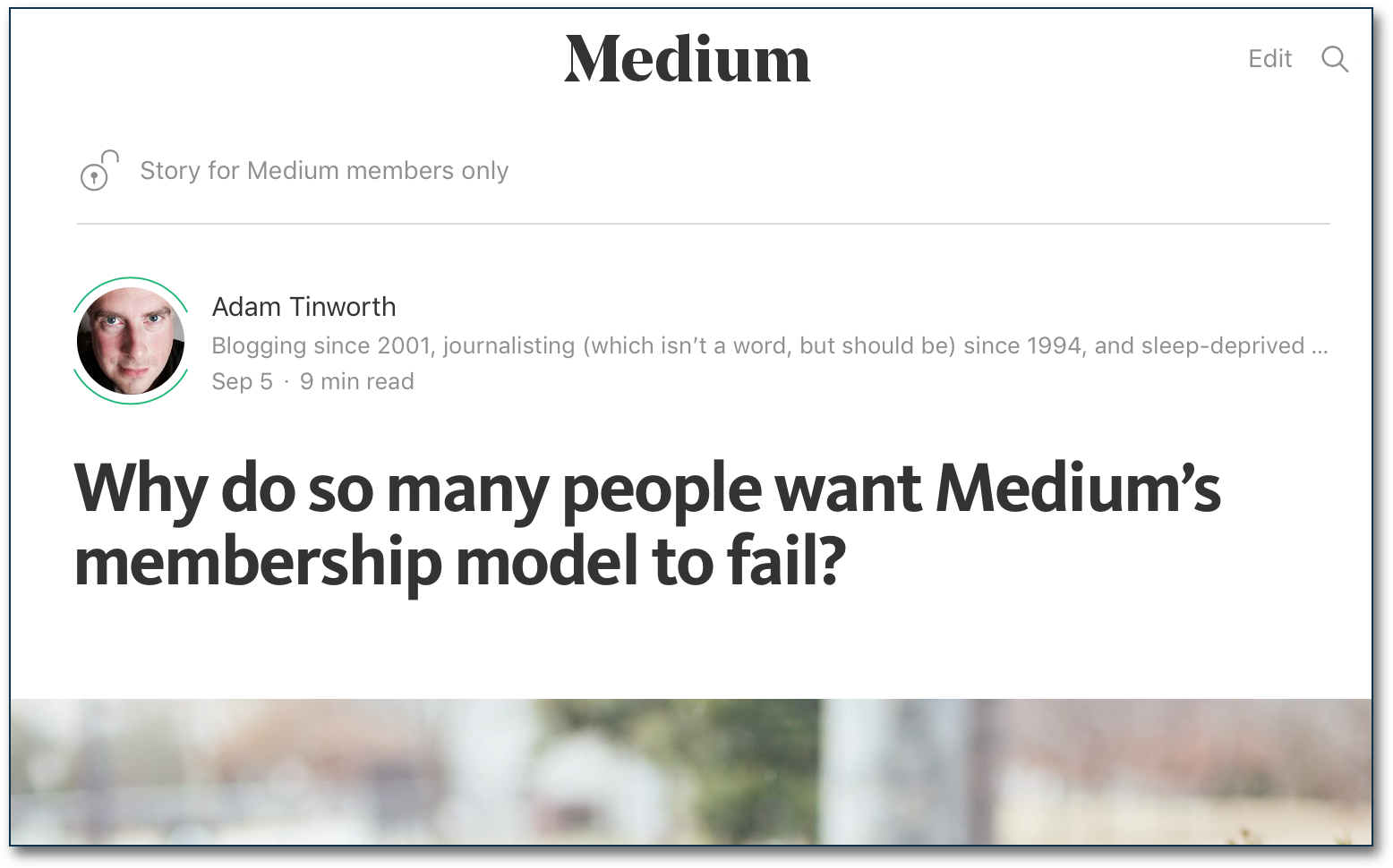#leweb - What will Bitcoin mean for you?

The Panel
- Moderator: James Currier Co-Founder, Ooga Labs & Curator of the NFX Conference for network effect businesses
- Garrick Hileman, Economic Historian, London School of Economics
- Shakil Khan, Spotify
A potted history of Bitcoin
3000 years ago, people used gold and silver as currency. It was useful for both exchange of value and storage of value. Printing brought us whole load of money-creating entities. There were hundreds in the Us. In 1873 they created the federal currency. In 1971 the US left the gold standard.
Digital currency arguably started with frequent flyer points in 1972. The 1990s saw various attempts to do central digital currencies. In 2002 we had Linden Dollars and QCoins. QCoins got banned – but Linden Dollars were tradable with real currency. Facebook tried Facebook credits – only lasted 3 years.
The same year as Facebook Credits launched – 2009 – Bitcoin arrived. It was distributed and programmable. It’s also been driven by a community groundswell. Now, an ecosystem of bitcoin-centrtic companies are growing. Oh, and it’s anonymous.
China and the US have both given signals that they see it as an interesting currency. There are currently 12 million of the 21 million there will ever be. There are about 1000 places you can spend it.
Discussion

What are we going to be doing with bitcoin? Shakil thinks we’ll see the Western Union remittance model challenged. Money transfer costs around 20% now. Overseas trading is another opportunity, as you could ease credit card transaction fees. Those two alone account for billions of dollars in financial movements.
Garrick: Bitcoin is not alone in terms of currency fluctuation. We might seen countries switching to bitcoin to protect safe value. Right now, it’s primarily a financial asset – a store of value, rather than a transaction currency.
Shakil: We’re seeing online companies like WordPress starting to accept it. When a big name company does it, we’ll see it more widely recognised.
James: The rules aren’t clear yet. Companies aren’t clear on how they’ll manage bitcoin, how it interfaces with their existing finical systems.
Shakil: People move on the tangibility. How many people miss the cupboard full of DVDs when they’re watching Netflix? Starbucks has people paying for coffee from their phone. There’s a lot more to this system than you can learn in a few hours on the web. An analyst that just got into this two weeks ago and has written a report is misleading her clients.Governments could be allies or enemies. There are plenty of archaic or broken financial systems that will se this as a threat. But if people accept that music and movies are played over the cloud, then will they accept virtual currency rather than a piggy bank? Do governments want to embrace this? Absolutely.

Garrick: Consumers and businesses looking to save money will be allies. Bitcoin flattens the three changes you need sometimes to transfer money. The enemies are likely to be Visa, Matercard and Western Union, who hold the keys to the current payment systems.
Shakil: It’s obvious that there’s a need for something like bitcoin – but who knows what it will end up being. Right now it looks like bitcoin will be the winner. This is so fast-moving that any predictions are irrelevant.
Garrick: Throughout history there has been plenty of room of alternative currencies – but bitcoin has a long, hard battle to fight.
Sign up for e-mail updates
Join the newsletter to receive the latest posts in your inbox.










